PARTNERS
A Network of Collaboration and Excellence
CALECHE is more than a project; it is a collaborative network of European partners and experts. We are architects, engineers, historians, scientists and industrials united by a common goal “to make Europe’s historic buildings more livable, accessible, and environmentally sustainable”
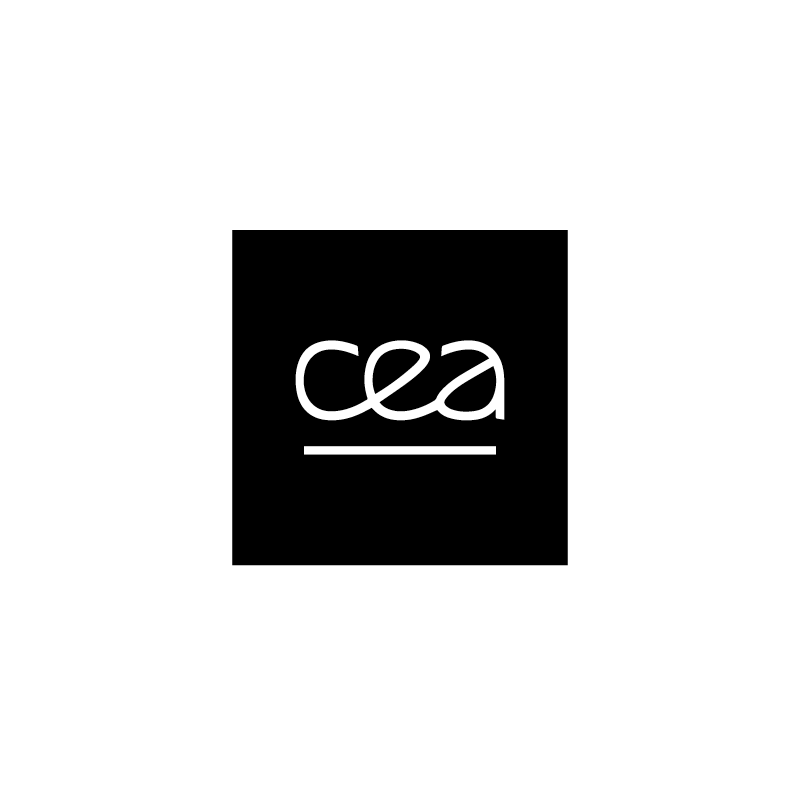
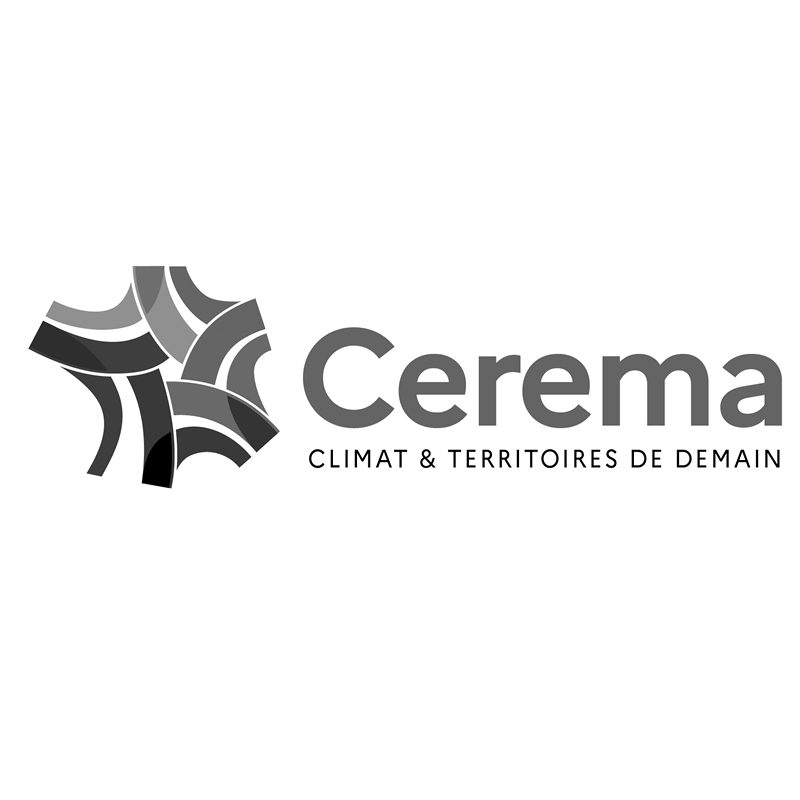
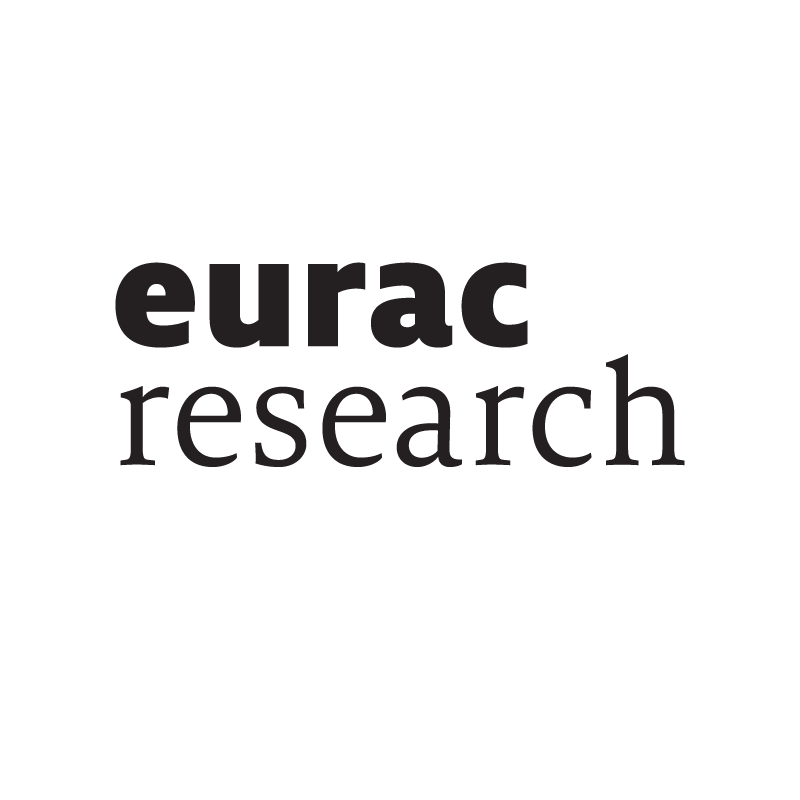

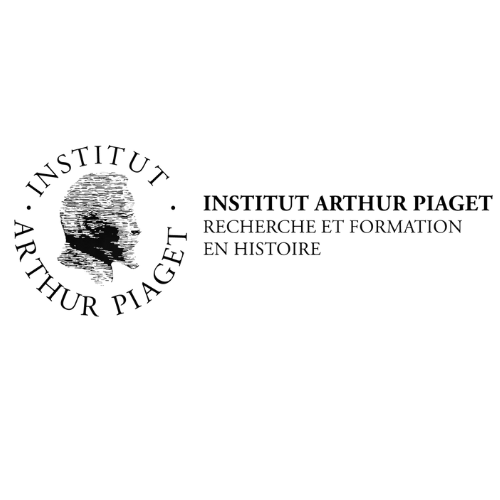
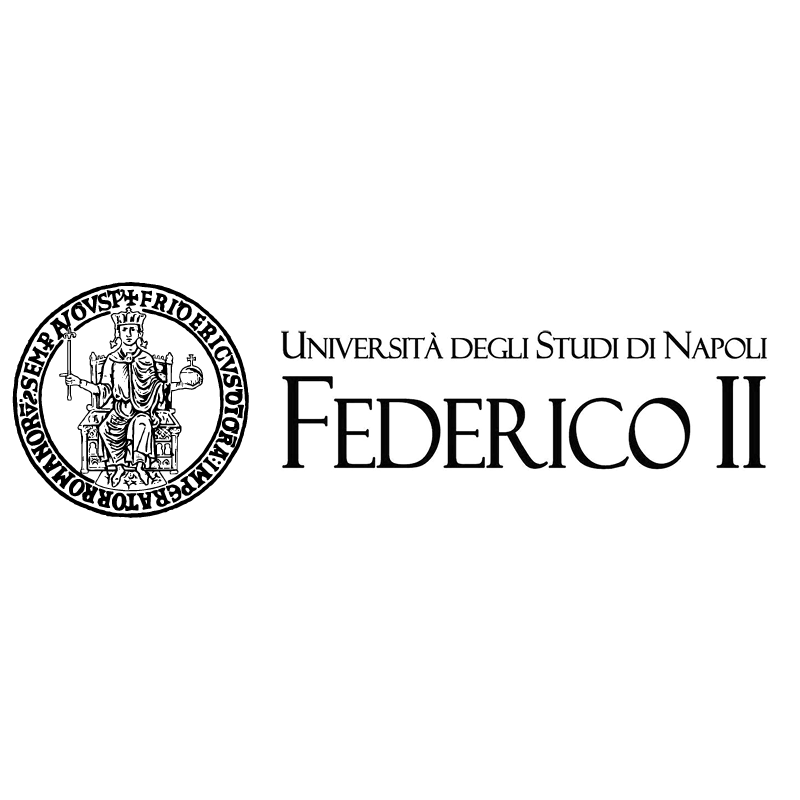
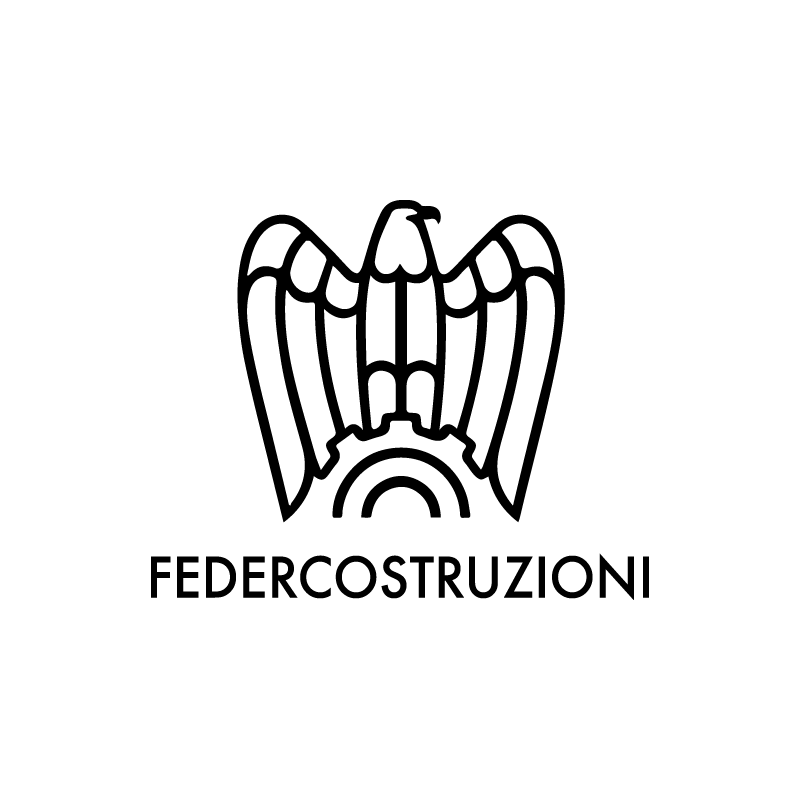
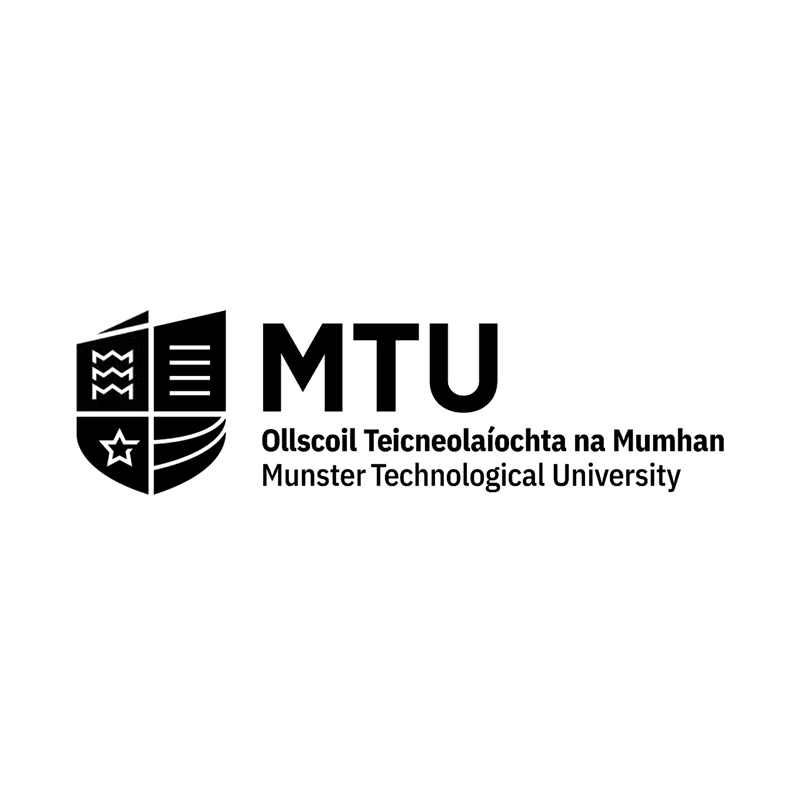
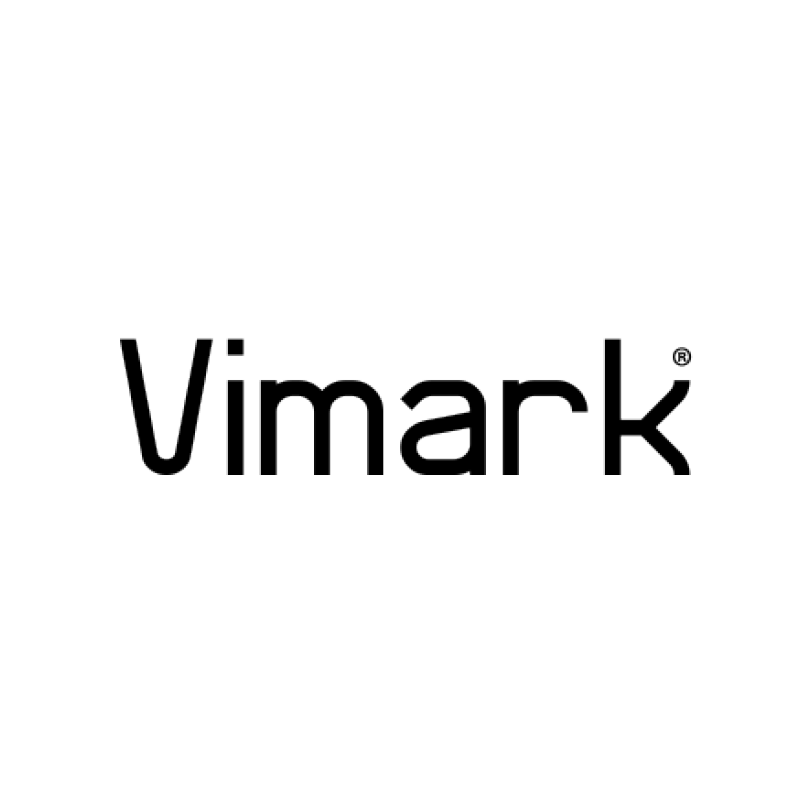
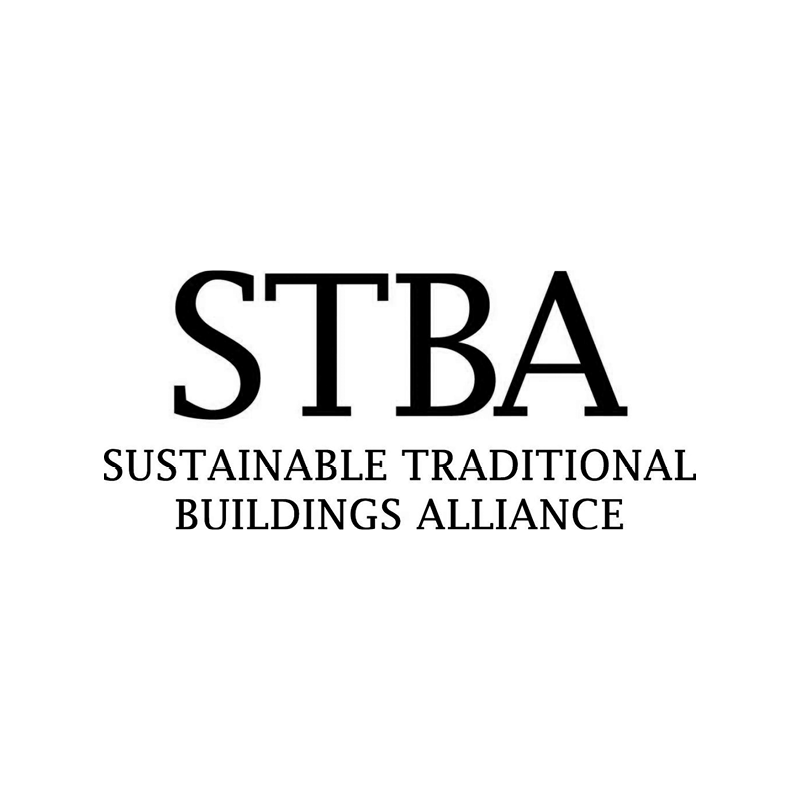

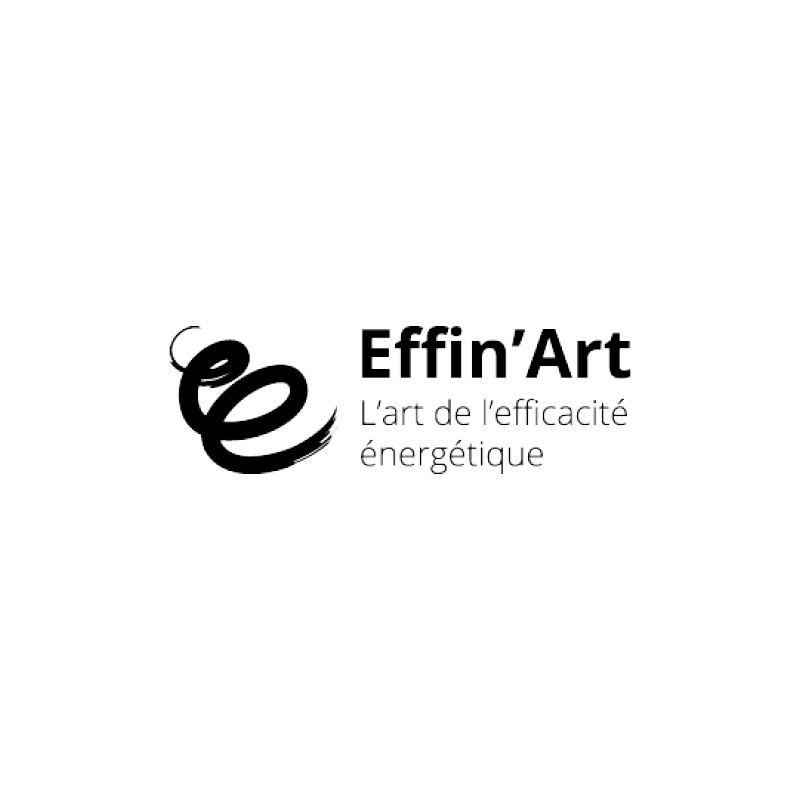
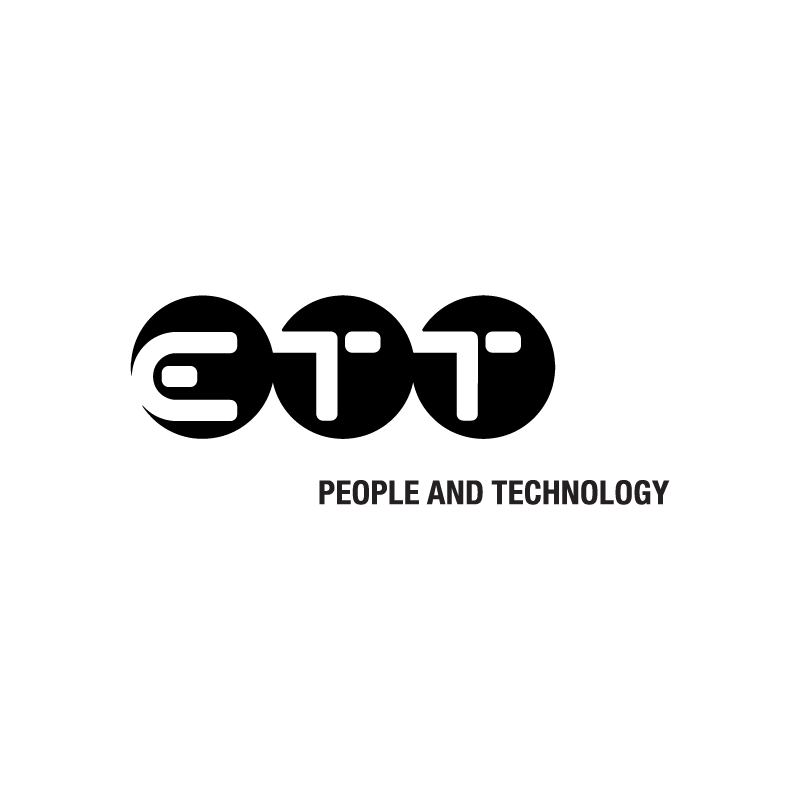
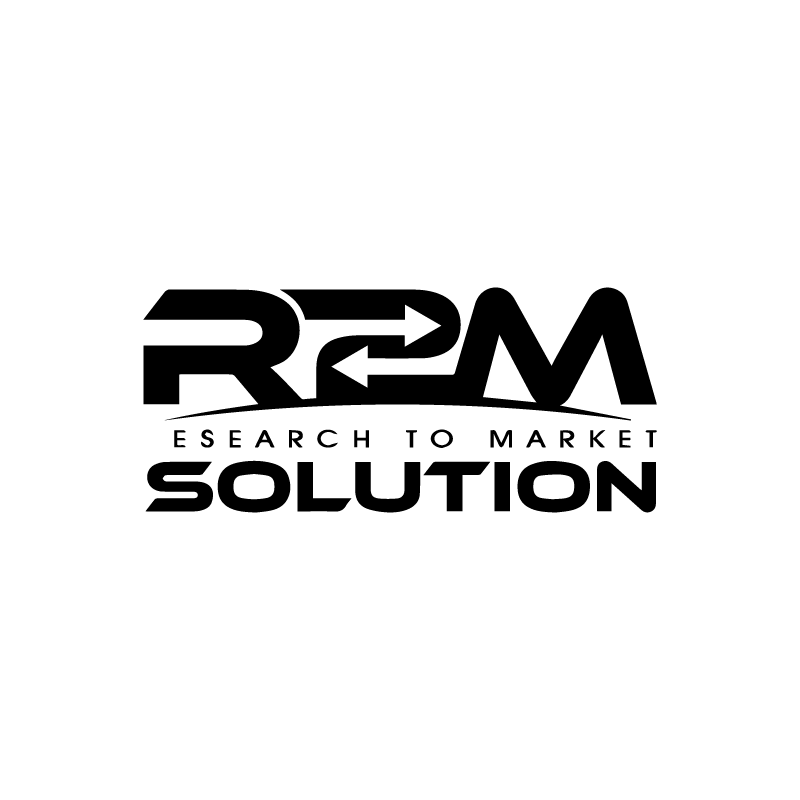
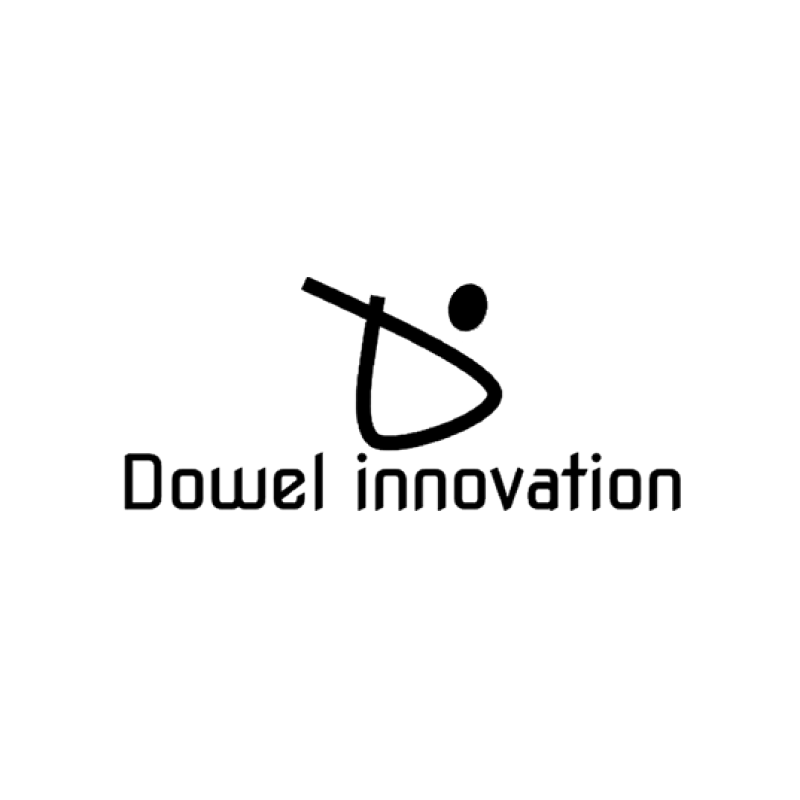
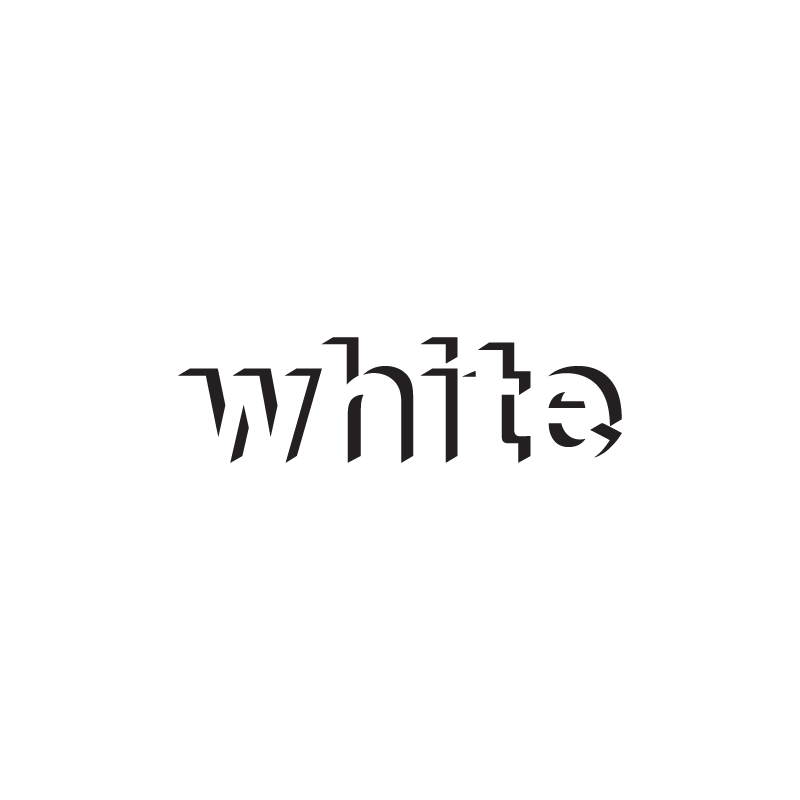

CEA
CEA – France
A major player in research, development and innovation, the CEA (19,925 employees) is active in major sectors such as defense and national security, nuclear and renewable energies, biotechnological and medical research, and technological research for industry.
It is the leading French research organization in terms of the number of published patent applications, and is also the leading French applicant on the European scene according to the European Patent Office.
Since 2005, the CEA has been leading the research, development and innovation activities of INES, the French National Institute for Solar Energy, where it concentrates its activities related to solar energy and the management of energy networks and systems. It is also the holder of the Institute for Energy Transition INES.2S
Role in Caleche Project:
CEA is the CALECHE coordinator, and so will ensure that the numerous CALECHE developments from partners follow the CALECHE objectives and are consistent with the other ones. CEA is leading WP6 dealing with the four use cases in order to test CALECHE developments and especially the DSS (Decision Support System) on 4 real cases. CEA will also explore new possibilities for installing PV modules on historic buildings with increased performance and heritage compatibility, looking at printing and surface treatment to achieve adequate color and finished aspect. Finally, CEA experimental facilities will be valued during CALECHE project to test innovative solutions in relevant environments. Among others, CEA will test the insulating system and the innovative PV modules.
CEREMA
CEREMA : France
Cerema (which stands for Centre for Studies and Expertise on Risks, the Environment, Mobility and Urban Planning) is the major French public agency for developing public expertise in the fields of urban planning, regional cohesion and ecological and energy transition for resilient and climate-neutral cities and regions. As a multidisciplinary scientific and technical resource and expertise center, Cerema provides assistance in developing, implementing and assessing public policies at national and local levels, where the challenges of the climatic and ecological transition & regional cohesion are paramount.
From design to the second life of buildings, including equipment maintenance, Cerema assists those involved in construction, and managers of property assets. We use all possible technical, design and quality of use levers to design and implement new construction work and existing buildings.
Role in Caleche Project:
Cerema will bring its expertise in the projects on different parts :
Gathering and analyzing existing tools, methodology and database to support the decision process for historic building renovation.
Helping the deployment of the advisory board thanks to its contacts with a large panel of relevant public institutions, heritages bodies, …
Managing the historic windows part of the project considering new innovative development for quantitative and qualitative assessment
Contribution to the technical analysis of the historic building performance of the uses cases.
Dissemination of results and trainings session via its resource center for responsible retrofit of historic buildings, CREBA :
EURAC Research
EURAC Research : Italy
Eurac Research, a private research center founded in 1992 in Bolzano/Bozen (South Tyrol), today stands as a beacon of interdisciplinary innovation with over 600 collaborators from nearly 50 countries. At its heart, Eurac Research is dedicated to tackling some of the most pressing challenges facing societies today: fostering healthy communities, preserving the environment, advancing sustainable energy, and shaping robust political and social systems. Our Institute for Renewable Energy exemplifies this commitment, spearheading initiatives to hasten the transition towards a low-carbon society and economy. Through groundbreaking research and a passion for sustainable development, Eurac Research is at the forefront of driving change and generating real-world impact.
Role in Caleche Project:
As lead of WP4, Eurac Research has a central role in the development of retrofit solutions within the Caleche project. Eurac’s key tasks include the assessment of regulations for building retrofits, establishing a repository of retrofit solutions, and developing decision support tools. Focusing on the enhancement of historic wooden windows, Eurac aims to improve their energy and comfort efficiency. In testing innovative solutions, Eurac will provide hygrothermal data for realistic material simulations. Eurac’s Hygrothermal Testing Lab is essential in characterizing the bio-based insulating materials. Moreover, Eurac is actively involved in the integration of bio-insulation and photovoltaic systems in heritage buildings, ensuring historical compatibility.
STRESS
Stress : Italy
Stress is a non-profit public-private consortium company, established in Naples in 2010, with the aim of promoting innovative paths for the sustainability of the construction supply chain, integrating skills from businesses and the world of research. In 2012 STRESS was designated by the MIUR as the implementing body of the High Technology District on Sustainable Building, and is today the only reference in the building innovation sector in central-southern Italy. The main activities of STRESS are aimed at promoting, coordinating and implementing research and innovation projects in the regional, national and international fields, for the sustainability and resilience of the built environment by creating value starting from multidisciplinary human capital.
Role in Caleche project:
STRESS leads WP5 – Digitalisation of the decision-making approach (AI, HBIM, web-based tools) and coordinates the activities of its Associated Entities (ETT) relating to the IT development of tools and possible AI applications and the application of the HBIM approach on Villa Matarazzo, one of the demonstrators of the project, for which it will be the local contact point with UNINA.
Institut Arthur Piaget
L’Institut Arthur Piaget. Recherche et formation en histoire (IAP) : Switzerland
The Institut Arthur Piaget. Research and training in history (IAP) is an independent institution based in Neuchâtel (Switzerland). The IAP contributes to the advancement of historical knowledge through high-level scientific research projects. It benefits from partnerships with national and international institutions. Recognised by the European Commission, the IAP is involved in several European projects. The IAP also offers a range of training courses for professionals working in archives, libraries, and museums, as well as for students, doctoral students, lecturers, and institutions involved in the promotion and protection of heritage.
Role in Caleche project:
Exploring and clarifying the notion of « heritage value » and « sustainability » from the point of view of the human and social sciences in the specific field of built heritage and its renovation.
Providing a historical perspective by looking at past experience to provide keys to understanding current situations, and ideally solutions. In other words: to learn from past experiences in order to optimise the targeted approaches.
Developing an innovative approach based on the study of targeted sites to understand how historical distance provides a better understanding of the mechanisms and processes (political, economic, social and cultural) linked to the energy restoration of historic buildings.
FEDERICO II
FEDERICO II : Italy
Department of Architecture (DiARC)
The Department of Architecture (DiARC), of the University of Napoli Federico II (UNINA), is a facility of excellence as a training and educational center for learning the methodologies, theories and practice of project and research. DiARC promotes projects aimed at the preservation and enhancement of architectural, urban, territorial, and cultural heritage resources in agreement with other institutions pursuing common goals. Within DiARC, the research group, consisting of faculty and researchers with expertise in Surveying and Representation of Architecture and the Environment, conducts research on the topics of surveying the built heritage through 3D digital acquisition systems for the purpose of documenting and communicating architectural and archaeological heritage; on advanced representation and modeling techniques in H-BIM systems; and on the topics of enhancement and virtual use of cultural heritage.
Role in Caleche Project:
The DiARC research group will collaborate with STRESS and other partners to define a multi-criteria approach for the energy recovery of historic buildings. In particular, it will participate in activities related to the Italian Pilot, Villa Matarazzo in Ercolano.
DiARC will collaborate with its experts in the development of a BIM protocol and model of Villa Matarazzo that can be linked to the Decision Support System DSS.
The research group will then produce a scan2BIM model of the entire Villa Matarazzo building, proposing a specific result for HBIM. The data structure is in fact considered in respect to a modelling of specific elements and characteristics of historical heritage. The HBIM results of CALECHE of Italian Pilota, related to the entire of Villa Matarazzo, will be made available in a data sharing environment for future research development.
FEDERCOSTRUZIONI
FEDERCOSTRUZIONI : Italy
FEDERCOSTRUZIONI is the Italian Federation, member of the Confindustria network, that represents the construction chain made of over 40.000 companies through its 13 member associations of the following 5 areas:
- Building and infrastructure
- Constructions technologies, plants and machinery related to civil constructions
- Construction materials
- Engineering and design
- IT and BIM services.
FEDERCOSTRUZIONI is actively engaged on the promotion of innovation and digitization for the construction sector both at national and European level where it has successfully promoted the inclusion of the construction sector as one of the focus areas.
MTU
MTU : Ireland
MTU (Munster Technology University) plays a leadership role in the economic, social and cultural development of the South West region of Ireland through connected, collaborative, responsive and inclusive education, engagement, research and innovation. MTU is located in a region, which features the largest economy in Ireland outside of the Dublin, having significant strengths in pharma, med-tech, engineering, financial services, information and communications technology, agri-tech, tourism, manufacturing, food and life sciences.
Role in Caleche Project:
The People Behaviour & Technology Integration (PBTI) team will represent MTU in the project. PBTI specialises in the development of next generation systems, products and solutions that are specifically designed to encourage peoples’ engagement in smart city spaces and communities, and, more specifically, to encourage residential consumers to actively participate in the energy transition and flexibility services by offering them compelling technological and societal solutions morphing along customer evolving and specific needs.
MTU develops and coordinates a consistent and rigorous SSH approach spanning across all project WPs including all stakeholders and four pilot sites. Therefore, MTU leads the WP3 dedicated to social engagement and continuous co-design to achieve the highest possible level of acceptance and involvement, towards fostering a sense of ownership and trust driving social innovation.
VIMARK
VIMARK : Italy
VIMARK is an Italian SME based in Peveragno (Italy) that has been operating in the construction sector for 40 years, manufacturing materials, systems, and services targeted to specialized operators in the construction sector. The wide range of products is presented as an integrated system able to meet all the needs of the sector and respond to every type of work, from small intervention to large construction site. We have more than 150 products, dosed in modern fully automated and robotic systems, intended for both new and old buildings, with particular attention to the conservative recovery of buildings of historical and artistic interest.
Role in Caleche Project:
Develop a system of insulating plaster and mineral coating for internal use, based on products with vegetable waste (hazelnut shells/ almond shells/ corn) suitable for improving thermo-hygrometric capabilities, with an energy intake, in compliance with Italian and European regulations for the protection of cultural value and the management and renovation of historic buildings. The replacement of traditional aggregates in the formula of a plaster with plant waste, will contribute to the overall reduction of the carbon footprint of the production and renewal process. These new products for the internal bio-insulation, will be strongly compatible with the original materials of the historic building to ensure a proper conservative recovery.
STBA
STBA : United Kingdom
The Sustainable Traditional Buildings Alliance (STBA) is a dedicated organisation committed to developing policies, guidance, and training to optimise the performance of traditional buildings while considering five crucial aspects: the occupant’s health, the building fabric’s health and durability, energy consumption, impact on communities and culture, and the impact on the natural environment. STBA focuses on understanding and quantifying actual performance, benefits of maintenance and repair, risks and benefits of retrofit activities, broader sustainability options, increasing awareness, and integrating knowledge into training programs for professionals and craft operatives.
Role in Caleche Project:
STBA’s role includes conducting a literature review to position the approach in a theoretical context, reviewing existing tools and methodologies for practical context, engaging stakeholders to capture feedback on values and benefits, and analysing trade-offs. STBA is responsible for bringing these elements together to define key features and draft the specification for a multi-criteria decision support system tool. This tool will be hosted on a Historic Renovation Hub, contributing to the project’s overall goal of integrating technology, stakeholder engagement, case studies, and communication for the sustainable renovation of historic buildings.
LMNT
LMNT Consultancy : Switzerland
LMNT Consultancy is dedicated to fostering a zero-carbon society and sustainable world. Ac-tively participating in the energy transition, they focus on creating positive planetary impact. LMNT collaborates with photovoltaics and building energy efficiency experts, offering solutions for new constructions and renovations. Their services include strategic planning, energy per-formance analysis, solar integration studies, and solar installation planning. They advise archi-tects, construction firms, and public authorities, emphasizing solar solutions in heritage envi-ronments. LMNT also organizes workshops for project planning and goal-setting, significantly contributing to client success
Role in Caleche Project:
LMNT plays a key role in the CALECHE project, focusing on the sustainable renovation of his-toric buildings. They deepen understanding of multi-benefit decision-making processes and evaluate best practices for integrating green technologies, such as photovoltaic systems, into heritage. LMNT conducts analyses on heritage value, considering historical and architectural aspects, and performs multi-benefit evaluations to measure the impact of renovations. LMNT also leads the project’s communication efforts, ensuring that CALECHE’s advancements and knowledge reach a broad audience, fostering awareness for heritage preservation.
Effin’Art
Effin’Art : Switzerland
Effin’Art is a consulting firm specializing in climate engineering. Its goal is to create buildings offering optimal comfort to its occupants while minimizing its impact on the environment.
To achieve this goal, Effin’Art will implement an energy concept allowing, on the one hand, to limit energy needs while respecting the requested comfort criteria, and on the other hand to implement economical energy production methods. and having as little impact as possible on the environment.
Our office is used to working in close collaboration with architects, project owners and other HVAC technical offices in order to develop, but also to monitor the project in its implementation and commissioning phase.
Our concepts make use of available passive potentials such as lighting and natural ventilation, recommending the implementation of bioclimatic architecture, that is to say one which adapts to the local climate rather than opposing it.
Building energy systems and their installations are also a source of significant savings. Our in-depth knowledge of HVAC systems combined with the use of high-performance computer simulation tools allows us to set up installations that are optimal both in terms of their size (minimization of costs) and their energy efficiency.
ETT
ETT : Italy
ETT, which is part of Gruppo SCAl, is a digital and creative industry. Its Smart and Sustainable Cities unit stands out for its ability in accessing, managing and analysing big data, data and metadata coming from different systems, smart sensors, and observation and monitoring of the environment through ICT and new technologies delivering innovative end-to-end solutions. Moreover, innovative technologies like Augmented Reality and Virtual Reality are applied to communication, training and cultural heritage enabling people to live a 360° experience. The Decision Support Systems (DSS) and the information systems are a field of specialisation of the company together with the development and management of ICT projects, databases, web GIS applications. It also develops added value data chains and workflows that exploit advanced Al/ML processing tools which guarantee the efficiency of services and governance processes for smart cities and the environment.
Role in Caleche Project:
Within the CALECHE project, ETT will make available its expertise in the development of innovative solutions aimed to manage and monitor energy, natural risks, human pressure, security, and asset profitability in urban assets developing innovative services. Particularly, the company will develop artificial intelligence algorithms which will be tested in their ability to analyse and understand the characteristics of the buildings in a first phase and the mock-up of the Decision Support System in the second phase, both supporting the processes of historical building redevelopment. Moreover, ETT will ensure data security within the DSS guaranteeing the integrity and the confidentiality of the information. ETT will contribute to redevelop historic buildings, respecting the value system and the material culture, harnessing the potential of artificial intelligence and digital tools.
R2M Solution
R2M Solution: France
R2M Solution (R2M) is a multinational company operating in Italy, Spain, France, and the UK. The company specializes in the development and facilitation of the market introduction of innovative solutions and has recognized expertise in the fields of energy efficiency and the intelligence of the built environment. R2M actively collaborates as a partner in numerous research and innovation initiatives supported by the European Commission’s Horizon and LIFE programs. The other half of R2M’s activities focus on the commercialization, early adoption, and scaling of new products and services designed to disrupt markets and address societal challenges. R2M is also a distributor of some of Europe’s most exciting tools and technologies.
Role in Caleche Project:
Dowel Innovation
Dowel Innovation : France
DOWEL Innovation (DOWEL) is a cooperative consulting company specialising in Innovation Strategy and Management. The environmental transition is at the heart of our business and our values, with a specialisation in low carbon energy systems, sustainable cities and buildings, and cross-sectoral collaboration. We provide a range of services relating to all phases of the innovation lifecycle, from the elaboration of R&D strategy to the design and implementation of collaborative projects. The company have a recognised experience in the promotion and valorisation of research results, and implement co-design methods to foster the adoption of innovations. Another part of our activities deals with the identification and analysis of all the factors and parameters necessary to innovation’s success, from technical and economic data to the legal and regulatory framework.
Role in Caleche Project:
Dowel will facilitate interaction with external stakeholder groups to feed the continuous co-design process of the various CALECHE solutions and evaluate the user experience of the DSS tool.
WHITE
WHITE : Sweden
White Arkitekter is one of Scandinavia’s leading firms of architects. We work with sustainable architecture, urban design, heritage, landscape architecture, interior design and city planning in an international context. We are an employee-owned architect collective with around 700 employees who create spaces for people to thrive and grow in harmony within the ecosystem. Our mission is to enable sustainable life through the art of architecture. Our vision is for all our projects to be climate neutral by 2030, through design excellence
Role in Caleche Project:
White Arkitekter will contribute with our expertise in historic building re-use and renovation together with practical knowledge about sustainable solutions for improving the energy performance of historic buildings. White will provide inputs from a practitioner’s perspective to all of the CALECHE work packages, with particular emphasis on supporting and co-ordinating the activities in Sweden in relation to the use case 3, Donnerska Huset, which is located within the World Heritage site in Visby on the island of Gotland.
Lund University LTH
Lund University : Sweden
Lund University, Sweden, was founded in 1666 and has 8 faculties. The largest faculty at Lund University is LTH, the Faculty of Engineering, which is the third largest higher education and research institution in the country. At LTH, we educate people, build knowledge for the future and work hard to develop society. We create space for brilliant research and inspire creative development of technology, architecture and design. We have more than a thousand scientists working hard to create good living conditions for people and a more considered use of the Earth’s resources.
Role in Caleche Project:
Within Caleche, LTH is represented by the Department of Building & Environmental Technology, the divisions of Building Physics and Building Services. The role of LTH in the project is to contribute with deepened knowledge and good examples regarding renovations of historic buildings, with improved energy performance in major focus. LTH will lead WP2 where we also contribute with aspects of circularity and LCA best practices in renovations. LTH will work in WP 4 on the development of renovation solutions for building services improvement. LTH is also a part of WP 6 on the work on the decision model for the four use cases and the development of the renovation roadmap, contributing with competence regarding moisture aspects and building services.
Sister Projects
Collaborative Ventures for Sustainable Heritage
Explore our network of sister projects, each dedicated to advancing sustainable practices within heritage conservation. These collaborative ventures enhance our work at CALECHE, sharing valuable insights and pioneering innovations that enhance the preservation and revitalization of Europe’s historic buildings. United in our mission for a sustainable future, we leverage synergies to maximize impact and efficiency in heritage conservation.
INHERIT
INHERIT: Next Generation Solutions for Sustainable, Inclusive, Resource-efficient and Resilient Cultural Heritage
INHERIT is an EU-co-funded project that addresses the challenges concerning the preservation, restoration, and management of cultural heritage buildings. Its goal is to foster their environmental and social sustainability while preserving their cultural heritage value. INHERIT uses an integrated methodology based on social, scientific, and technological processes, including 11 ICT-based services that will be demonstrated in 8 cultural heritage sites across Europe.
HeriTACE
HeriTACE – “Future-Proofing Heritage Townhouses by Optimising Comfort and Energy in Time and Space”
HeriTACE is Horizon Europe, EU-funded project, aimed at transforming heritage townhouse buildings into energy-efficient assets while preserving their historical integrity. Our transdisciplinary team, comprising research institutes, authorities, SMEs, and industry experts, is dedicated to developing innovative solutions for deep renovations of heritage townhouses. Through holistic assessments, optimal design approaches, durable insulation solutions, smart HVAC concepts, and integrated energy supply solutions, HeriTACE ensures a sustainable future for historical neighborhoods.
HERIT4AGES
HERIT4AGES: User-centric and data-driven retrofitting solutions for a resilient, energy-efficient, low emission and inclusive cultural heritage.
The HERIT4AGES project concept comes from the idea that our heritage must be protected, last for ages, and must be able to adapt to environmental, economic, and societal challenges and changes. The main goal is to develop and validate a set of technical and socially innovative sustainable energy and resource-efficient solutions, for the cost-effective improvement and preservation of the cultural heritage buildings showcased on five demonstration sites. The project is funded by the European Union in the Climate, Energy, and Mobility programme under Grant Agreement No. 101123175.



